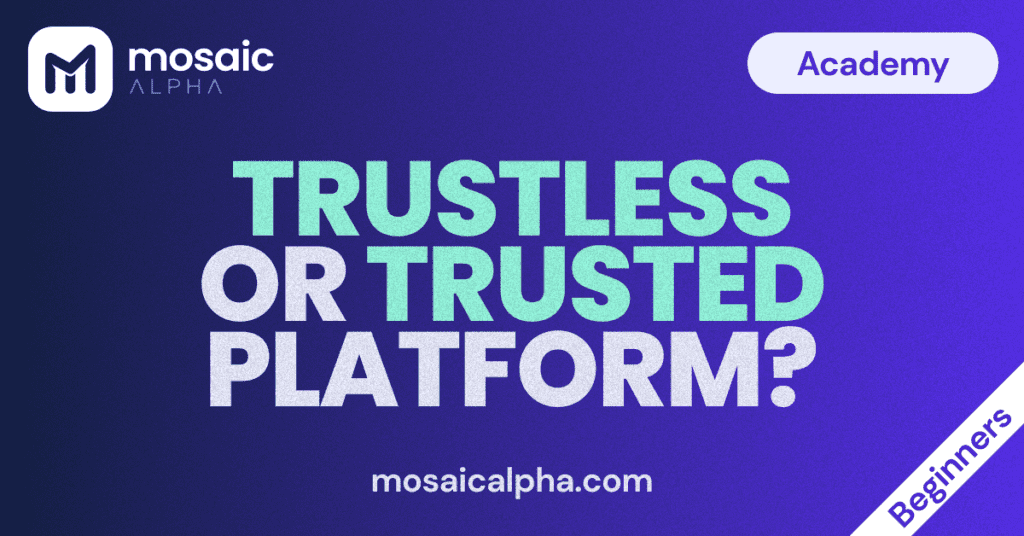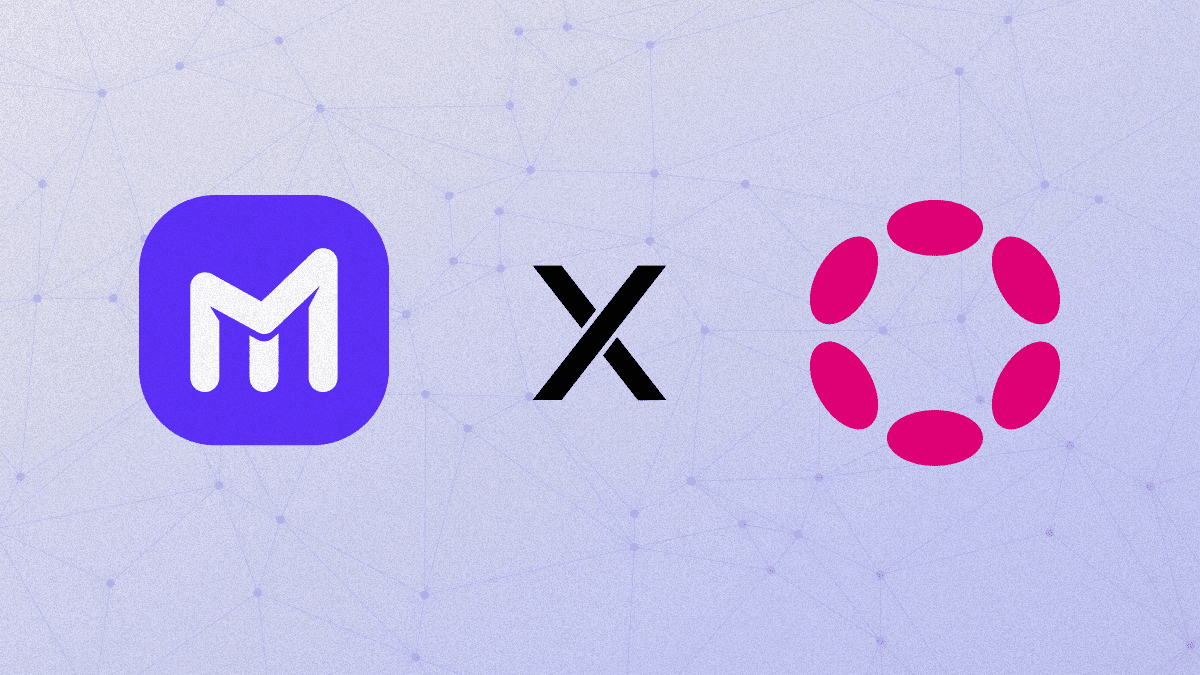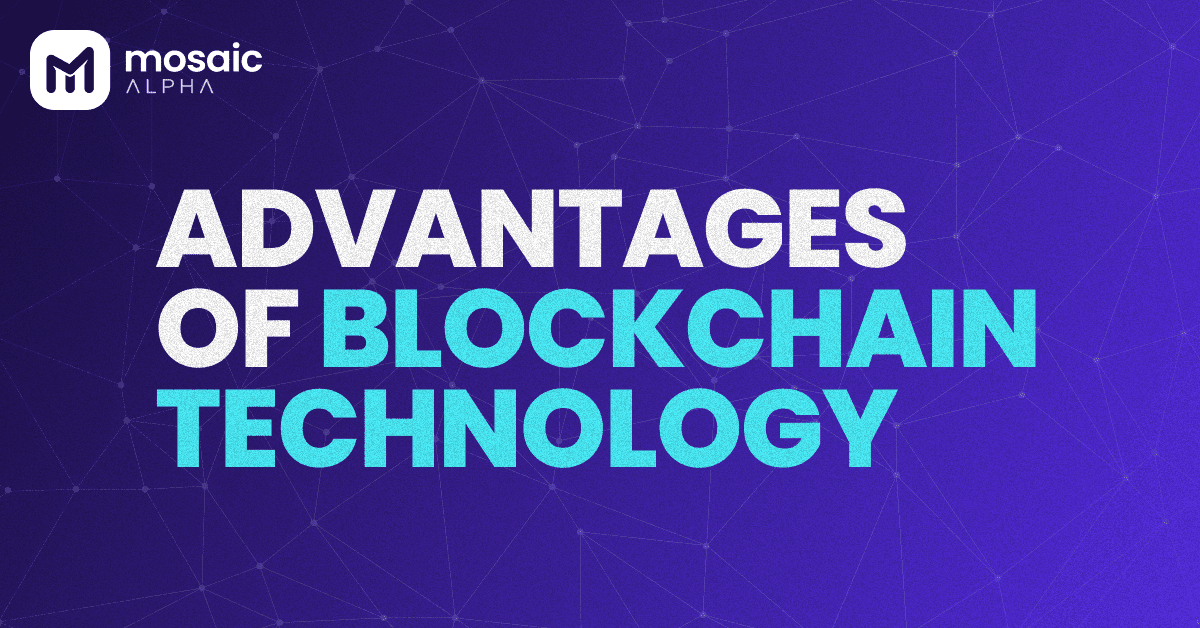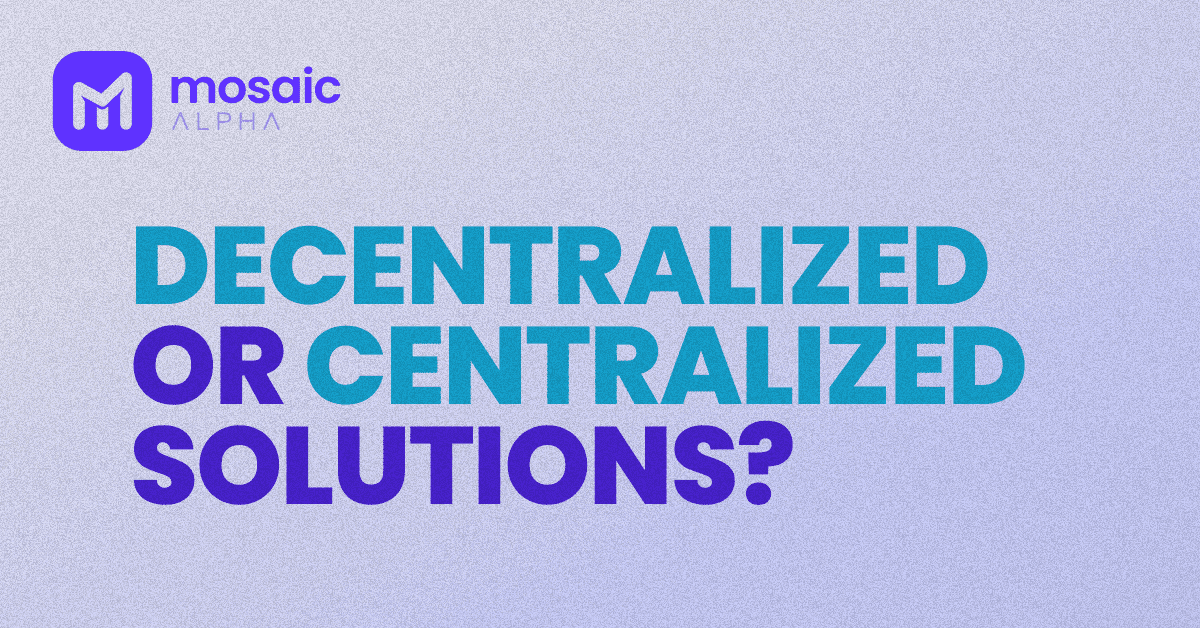The revolutionary invention in the world of blockchain and cryptocurrencies is DecentralisedFinance, commonly known as DeFi, which is the umbrella term for decentralised financial services and the associated applications. These are implemented on trustless platforms, which do not require a trusted intermediary to execute transactions, hence the term trustless.
In other words, this means that the authenticity of the transactions is controlled by an entire community, without a single member of the community being able to take control of the transactions. In the trusted finance world, the intermediary is usually a bank or a bank-like organisation that must be trusted to always act according to the contract. Experience has shown that this is not true: bank accounts often get blocked, banks often go bankrupt.
To bypass the presence of an intermediary, smart contracts are needed. Smartcontracts are contracts running on a blockchain that allow the execution of business logic and instructions. Such business logic could be, for example, the execution of a transaction. If party A and B want to perform an exchange, they can exchange their assets through a smart contract, which only performs the transaction if the asset offered by both parties is available to the smartcontract.
By using this technology, these platforms are able to offer many other traditional financial services in addition to the processing of transactions. The various blockchain platforms operate on a trustless basis for lending, depositing, stock trading and even community financing. On decentralised exchanges, trading is possible using non-custodial crypto wallets, which are user-accessible and user-controlled wallets. The exchange platform does not have direct access to these wallets.
On centralised exchanges, the exchange platform stores the users’ crypto assets in custodialwallets, which are wallets managed by the exchange platform. In such case, the user gives confidence to the platform to guarantee the security of the assets. The disadvantage of centralised exchanges is the resulting risk. Since the centralised crypto exchanges have been in operation, there have been several cases of abuse of user wallets, which encourage us to take these risks into account.
Critics of the trustless systems argue that such platforms are also built on trust, not towards a third party intermediary, but towards the code written by the development team. After all, a poorly written smartcontract can leave loopholes that may be abused by parties who know the technology. But there are already procedures in place to protect against such flawed smartcontracts: such as smart contract checkers, bug-finding reward competitions, and more sophisticated programming languages on the blockchain.
As the DeFi space evolves, more secure and efficient marketplaces keep emerging, with a dynamic growth in traffic and user base, outpacing the growth rate of traditional centralised exchanges.









